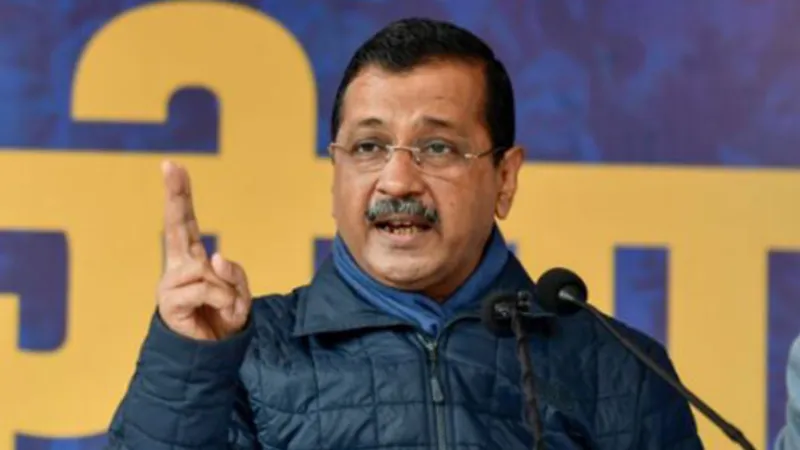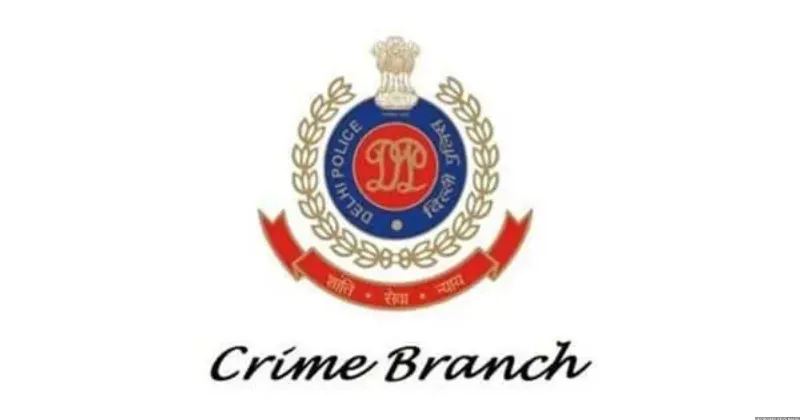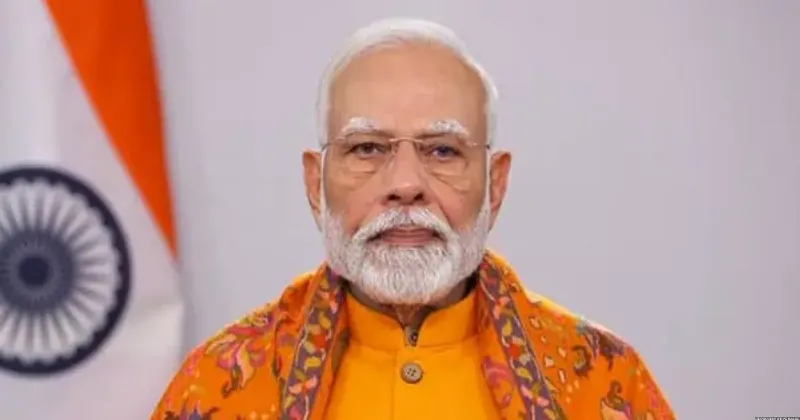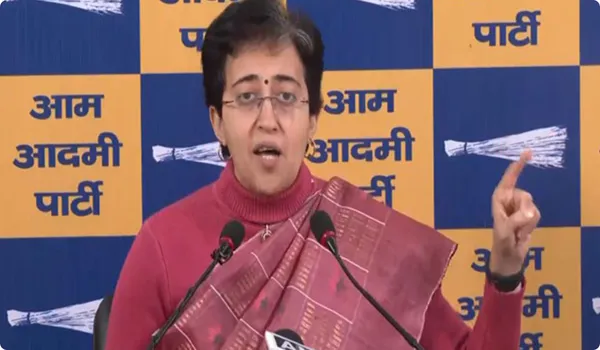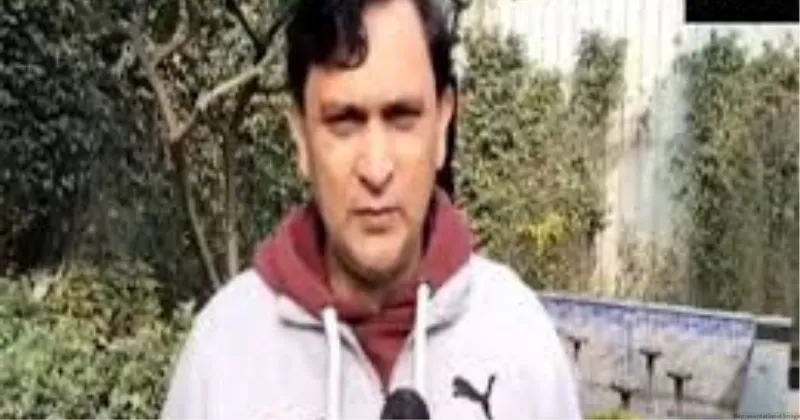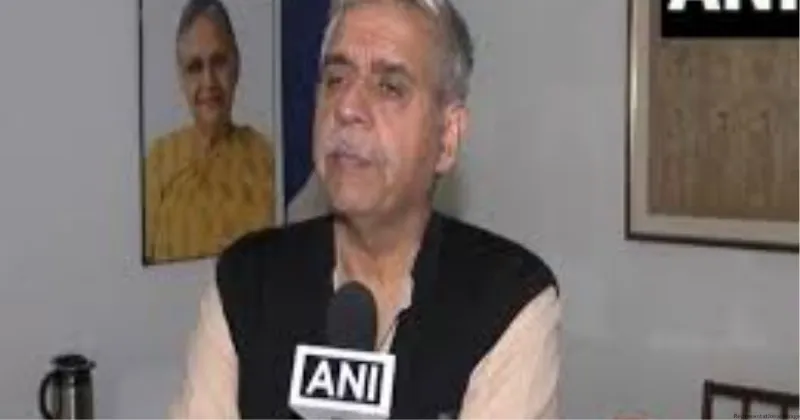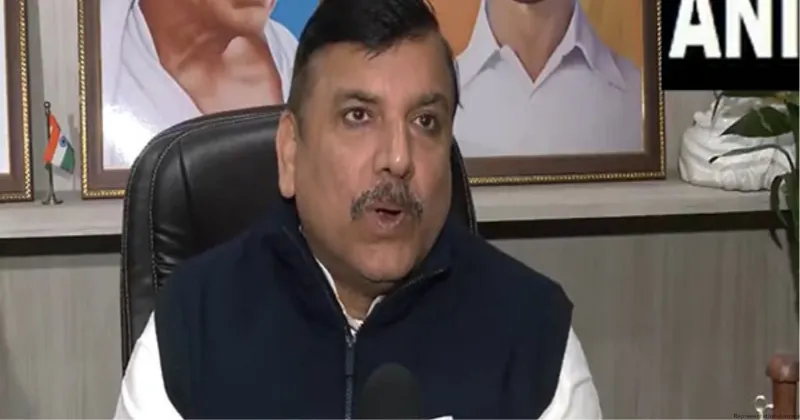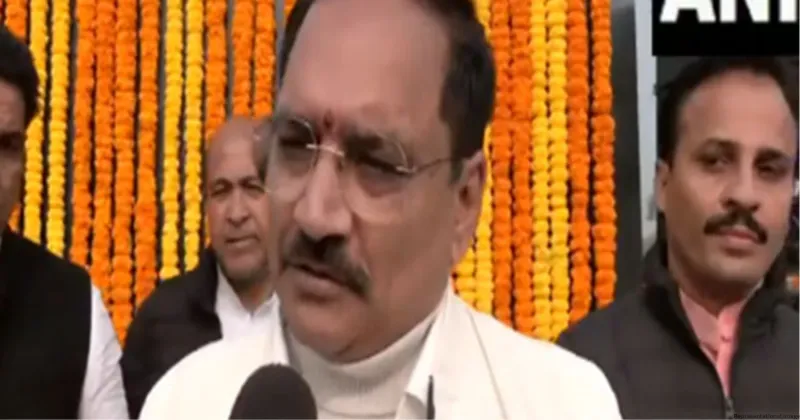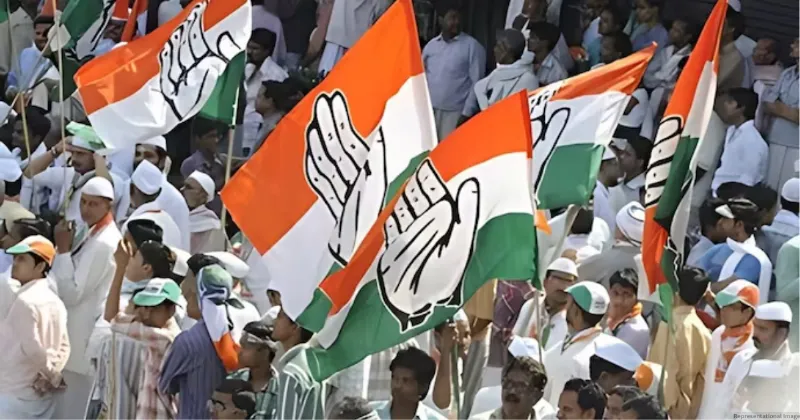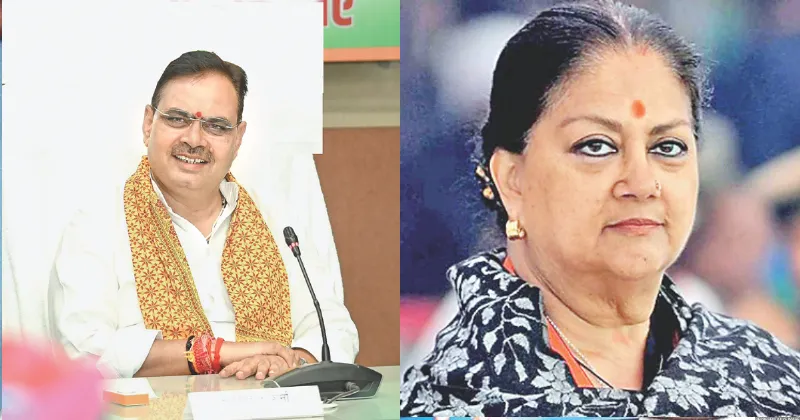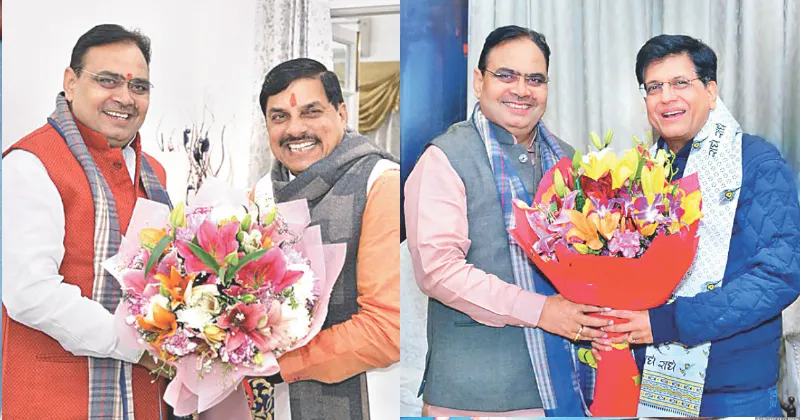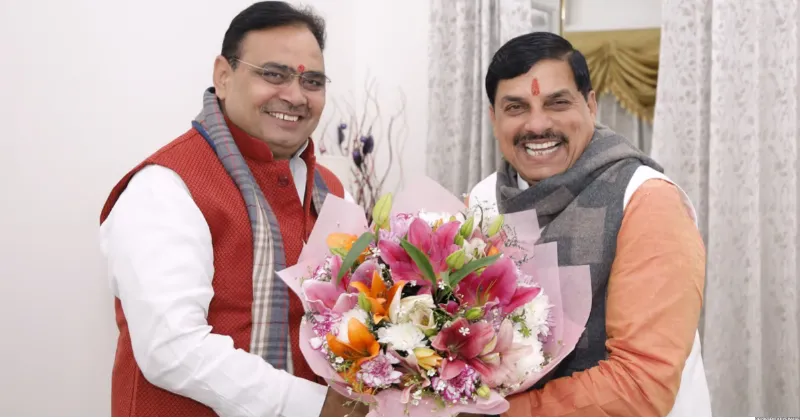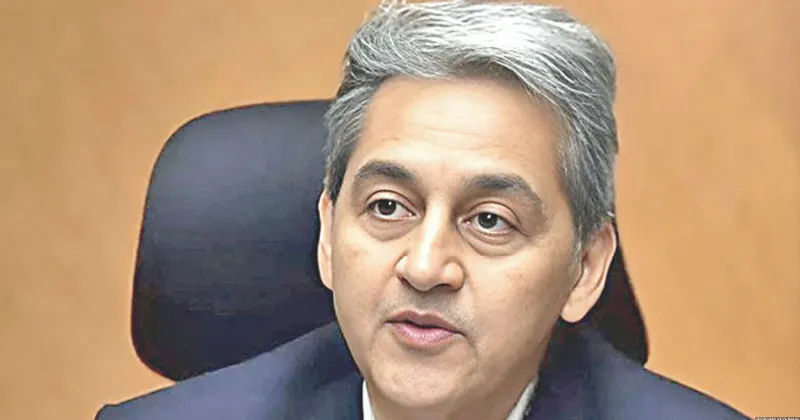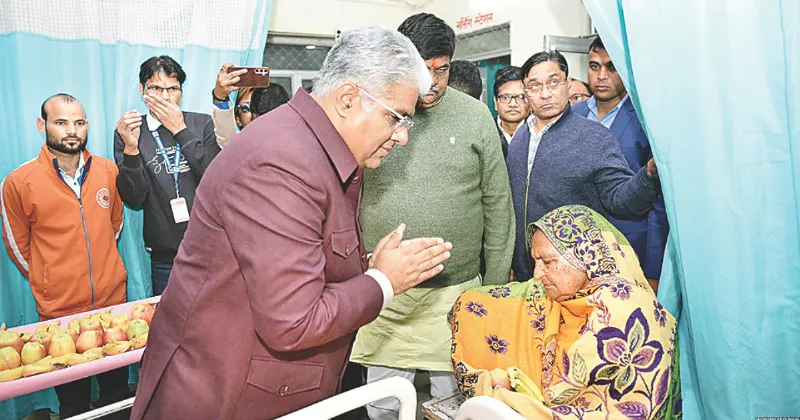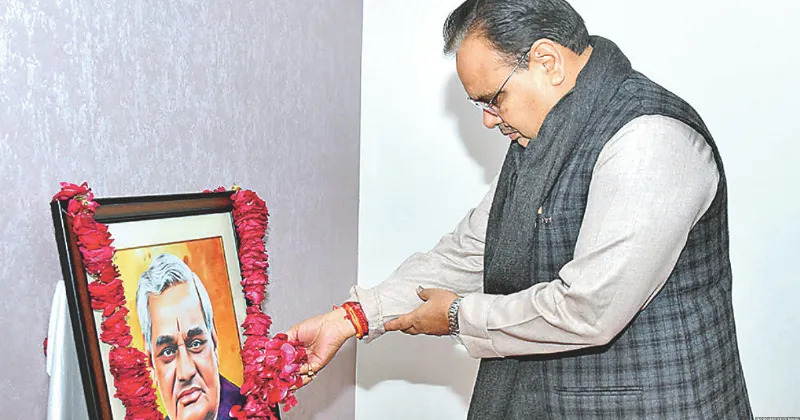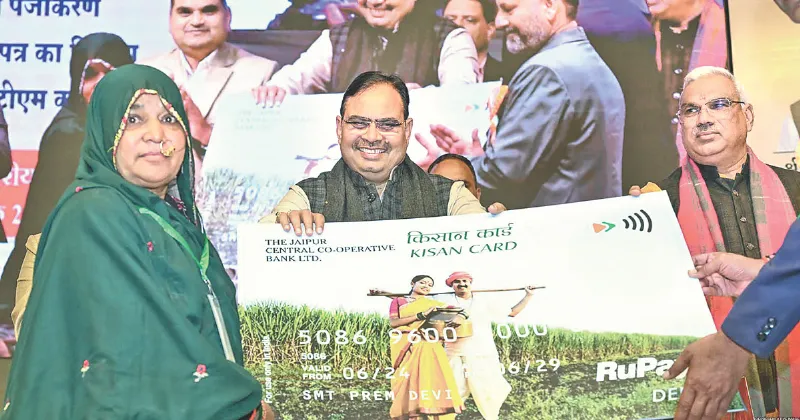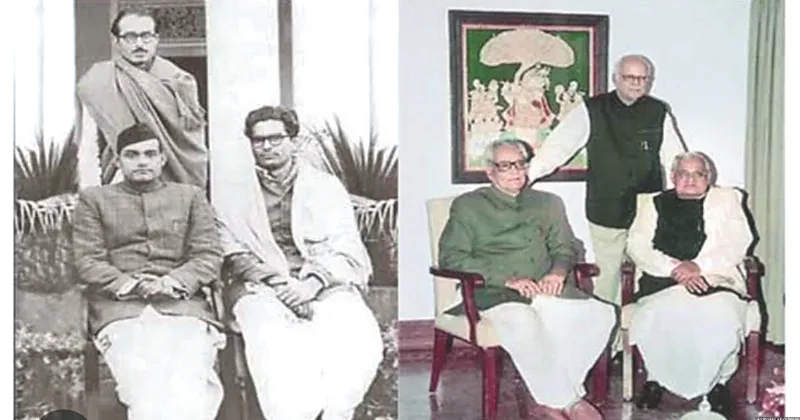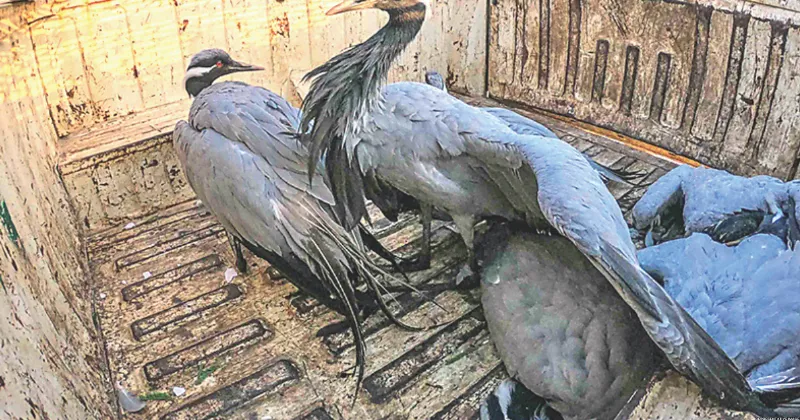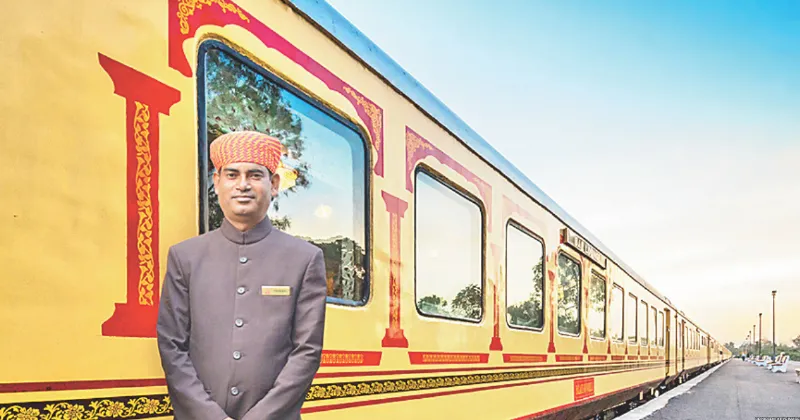Latest News
JPC on Waqf Bill to meet on Dec 26-27, record oral evidence from State representatives
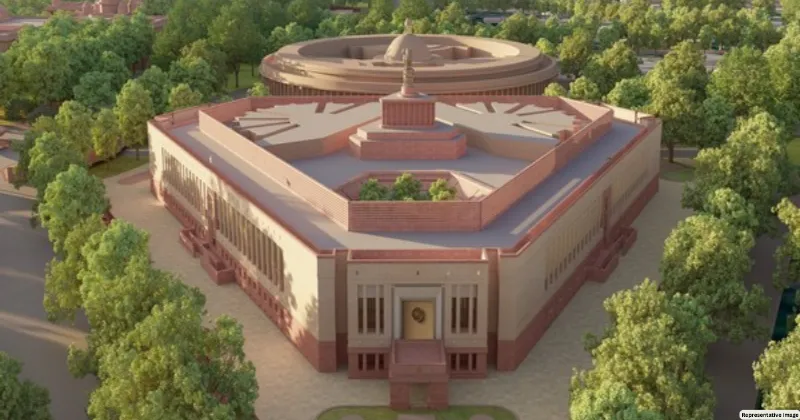
New Delhi: The Joint Committee on the Waqf (Amendment) Bill will hold meetings on December 26 and 27 to record oral evidence from state representatives as part of its deliberations on the proposed legislation.
The Committee will hear representatives of Karnataka Madhya Pradesh and Rajasthan on December 26 and Uttar Pradesh, Odisha and Delhi on December 27.
On Thursday, the JPC met Muslim representatives from Lucknow and Rajasthan in its meeting.
After the meeting, the Chairman of the Joint Committee of Parliament Jagdambika Pal told ANI, "Former VC of Khwaja Moinuddin Chishti Language University, Lucknow and former chairman of Rajasthan Waqf Board came with their proposed amendments. There was a clause-by-clause discussion on it. MPs also posed questions to them."
The committee included Syed Abubakar Naqvi, the former Chairman and State Minister of the Waqf Board in Rajasthan, and Prof. Mahrukh Mirza, the former Vice Chancellor of Khwaja Chishti Moinuddin Language University, Lucknow.
Earlier, on Wednesday, the JPC held a meeting with the All India Shia Personal Law Board members. The committee heard the views of the board on the Bill.
Recently, the Lok Sabha approved a motion to extend the tenure of the JPC on the Waqf (Amendment) Bill and mandated the presentation of their report by the end of the 2025 Budget Session.
On December 5, Jagdambika Pal, head of the JPC noted that the committee had held 27 meetings in Delhi before the extension of its tenure. These meetings included discussions with multiple stakeholders and various ministries of the Government of India.
The Waqf Act of 1995, enacted to regulate waqf properties, has long been criticised for issues such as mismanagement, corruption, and encroachments.
The Waqf (Amendment) Bill, 2024, aims to address these challenges by introducing reforms such as digitisation, enhanced audits, improved transparency, and legal mechanisms to reclaim illegally occupied properties.
The JPC is conducting extensive consultations with government officials, legal experts, Waqf Board members, and community representatives from various states and Union Territories to ensure a comprehensive overhaul of the legislation.



